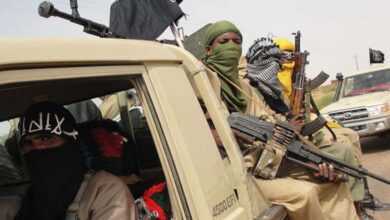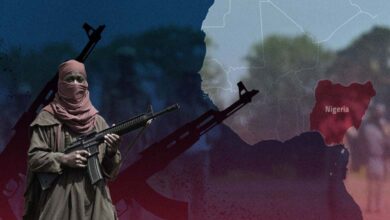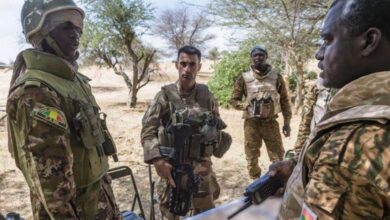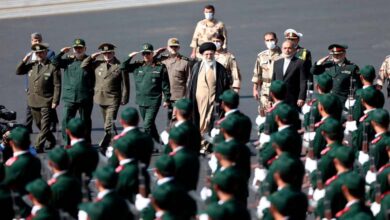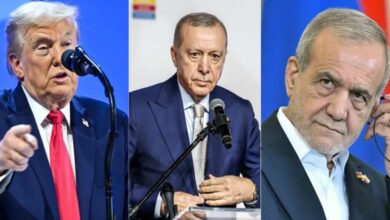Beled Hawo Tensions Rise Between Jubaland and Somalia’s Federal Government – A Sudden Move and Growing Fragility
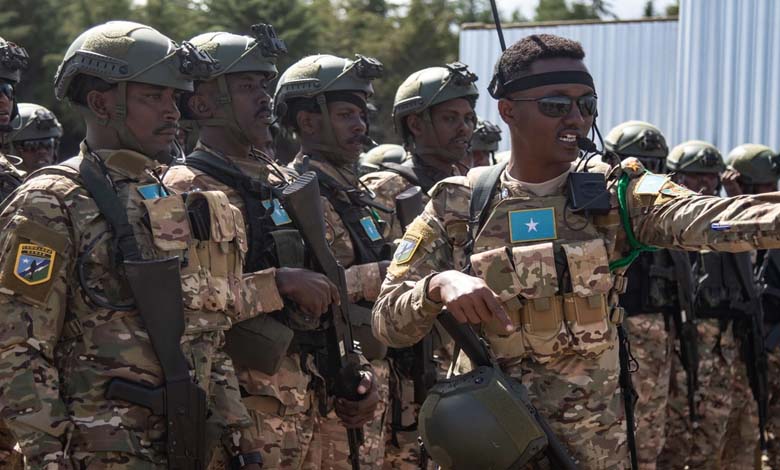
The city of Beled Hawo, in the Gedo region of southwestern Somalia, has re-emerged as a focal point in the country’s political and security landscape, following the announcement by Jubaland state forces that they had taken full control of the city.
-
Continued Terrorism Confrontation by Somalia Against Al-Shabaab
-
Somalia’s opposition leaders declare that they no longer recognize President Farmaajo
This unexpected military development comes amid escalating tensions between the Jubaland administration and Somalia’s federal government.
While Jubaland described the operation as part of its efforts to reinforce local security, the federal government condemned what it called an “illegal move,” accusing it of targeting state institutions and threatening regional stability.
The event brings renewed attention to unresolved disputes between the two sides over authority and control in southern Somalia, especially in light of the lack of a comprehensive political agreement concerning governance in Gedo. Several voices have called for de-escalation through dialogue and peaceful conflict resolution.
Jubaland takes control
On Tuesday, Jubaland forces announced full control over Beled Hawo after fierce clashes with units of the Somali National Army.
In a statement published by local media, the Jubaland administration said that “state security forces had secured administrative and security facilities in Beled Hawo,” adding that the operation led to the arrest of “elements disturbing the public order.”
According to local news sources, the military confrontation erupted after the arrival of Abdirashid Janan—recently appointed by the federal government as the new head of the National Intelligence and Security Agency—in the area via Somali military helicopter. His presence significantly heightened tensions between federal forces and those loyal to the Jubaland administration.
-
Sanctions Target Money Laundering Network for Al-Shabaab – Details
-
Somali army surrounds al-Shabaab terrorist group
In an official response, Somalia’s Ministry of Internal Security issued a statement accusing Jubaland President Ahmed Mohamed Islam (Madobe) of orchestrating “armed attacks targeting state institutions,” including the Immigration and Citizenship Directorate and army installations.
The ministry condemned the violence and pledged to hold the perpetrators accountable and bring them to justice.
A longstanding political crisis
The enduring political dispute between the federal government and Jubaland stems from regional elections held by the latter, in which Ahmed Madobe was re-elected for a third term on 25 November 2024.
-
The leader of the terrorist group al-Chabab gives in to the Somali army
-
Somali army surrounds al-Shabaab terrorist group
The federal government refused to recognize the outcome, deeming it “unconstitutional” on the grounds that the regional charter limits leadership to two terms. It also criticized the conduct of the election process. This led to a political deadlock and a breakdown in security coordination between the two entities, particularly in Gedo—a strategic gateway on the border with Kenya.
Jubaland’s seizure of Beled Hawo sends a message that the regional state still maintains control over its key territories. On the other hand, informed Somali sources point to the fragile grip of the federal government over the regions, despite significant regional and international backing.
This development has raised fresh concerns about a potential resurgence of armed conflict between federal authorities and regional administrations, in the absence of a national political consensus defining the relationship between Mogadishu and the federal states, observers say.
-
Somalia: Al-Chabab terrorist leader surrenders to Somali army
-
Against the Tide: Al-Shabaab Terror Strikes Strategic Somali Town
-
African Union Forces Helicopter Crashes in Somalia


